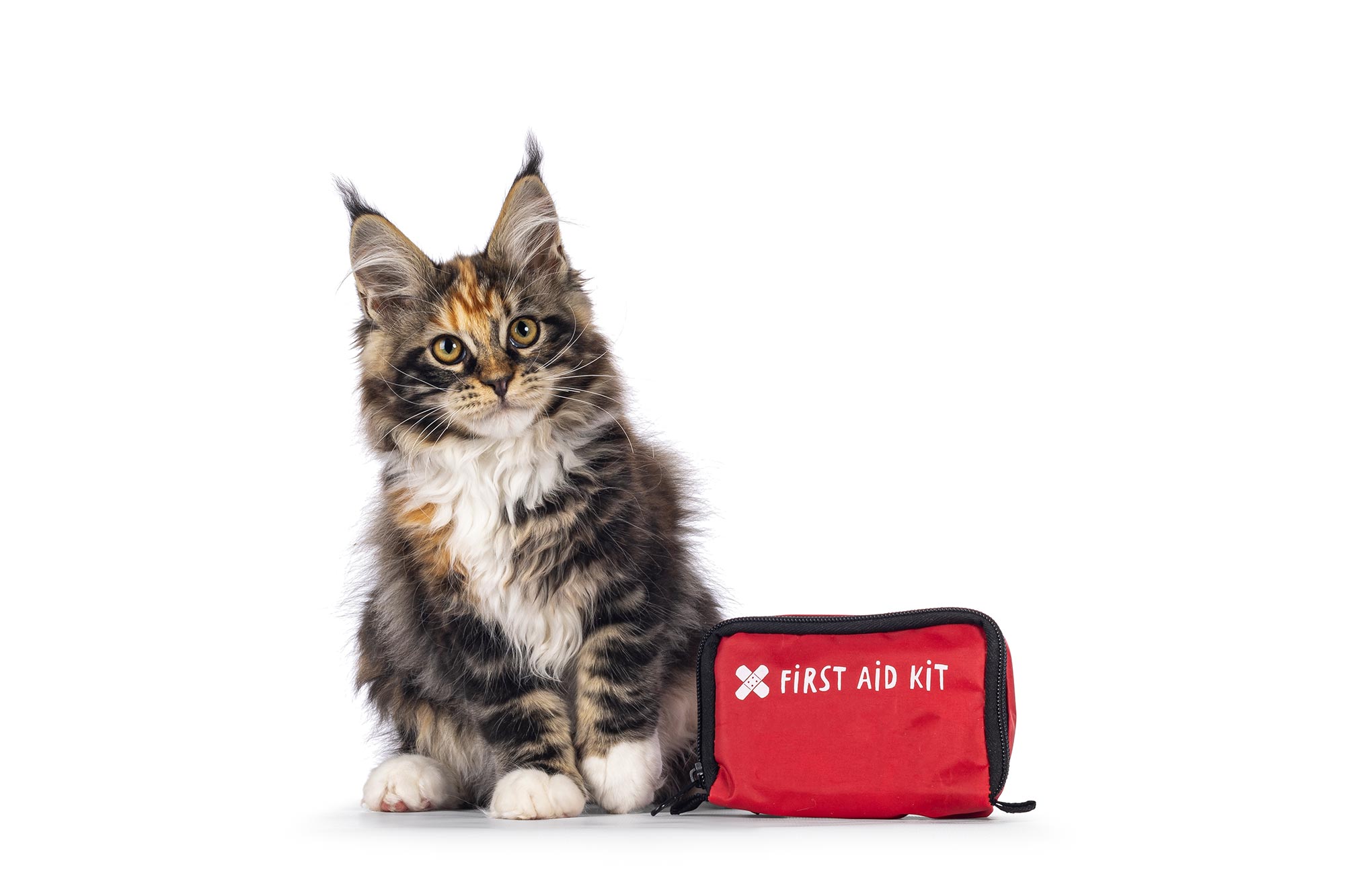Understanding your pet’s unique needs has probably been a priority since day one together, but the process to fully realize what they need never truly ends. When it comes to their safety, it’s always a good idea to have supplies on hand to help through various situations. If you plan on traveling or recreating together, having a pet first-aid kit at the ready can make all the difference to their health and wellness.
I Go Where You Go
While not every dog embraces the opportunity to travel, hike, and camp, many canines absolutely love it. They may be more than willing participants, but they depend on their owners to be overly prepared for any eventuality. Acquiring the following supplies is a must:
- VetWrap (self-adhering bandage wrap)
- Gauze rolls and strips
- Gloves
- Alcohol wipes
- 3% hydrogen peroxide solution
- Saline rinse
- Eye dropper
- Bandana and towels
- Tweezers, scissors, and forceps
- Ice pack
- Antihistamines
- Slip leash
- Activated charcoal
- Muzzle
- Styptic powder to control bleeding
Knowing What to Do and When
A hurt or sick dog does not behave in expected ways. Instead, they can become aggressive in response to fear and pain. A muzzle, when used correctly, can protect you from experiencing a bite. In turn, you’ll be able to effectively assess and treat their current condition.
Along the same lines, having towels on hand can help you create bandages, a splint, or even a sling to help you carry your pet. They can also be used to bring a pet’s internal temperature down by soaking them in lukewarm water and applying them as compresses to the neck, back, abdomen, and groin.
Having activated charcoal and hydrogen peroxide on hand can help you to induce vomiting in the case of accidental poisoning. This must be done carefully and cautiously, and this video can teach you the best practices.
Hiking With Pets
Arguably one of the biggest risks to pet safety during the summer months is heat stroke. Be sure to monitor their exertion levels, encourage them to drink lots of fresh water (not from streams due to their potential for giardia), and take long breaks in the shade. Keep an eye on the look and feel of their paw pads for blisters, cracks, or bleeding. Broken nails can easily occur on long hikes in rocky terrain.
Snake bites, bee stings, porcupine encounters, and exposure to parasites round out the many hazards facing adventurous pets. Be on the lookout for motion sickness in the car, and altitude sickness if you’re making substantial gains.
Emergency Care for Pets
Any time your pet’s behavior changes, even slightly, close observation is warranted. If you see them showing a lack of interest in food, playing, exercising, or are sleeping more or less than usual, start to assess what they may be dealing with. Shaking, trembling, vomiting/diarrhea, restlessness, and increased vocalizations may result in seeking emergency veterinary care.
Please give us a call at (404) 633‑6163 with further questions about wilderness or travel preparedness. We are always happy to assist you at Clairmont Animal Hospital.


